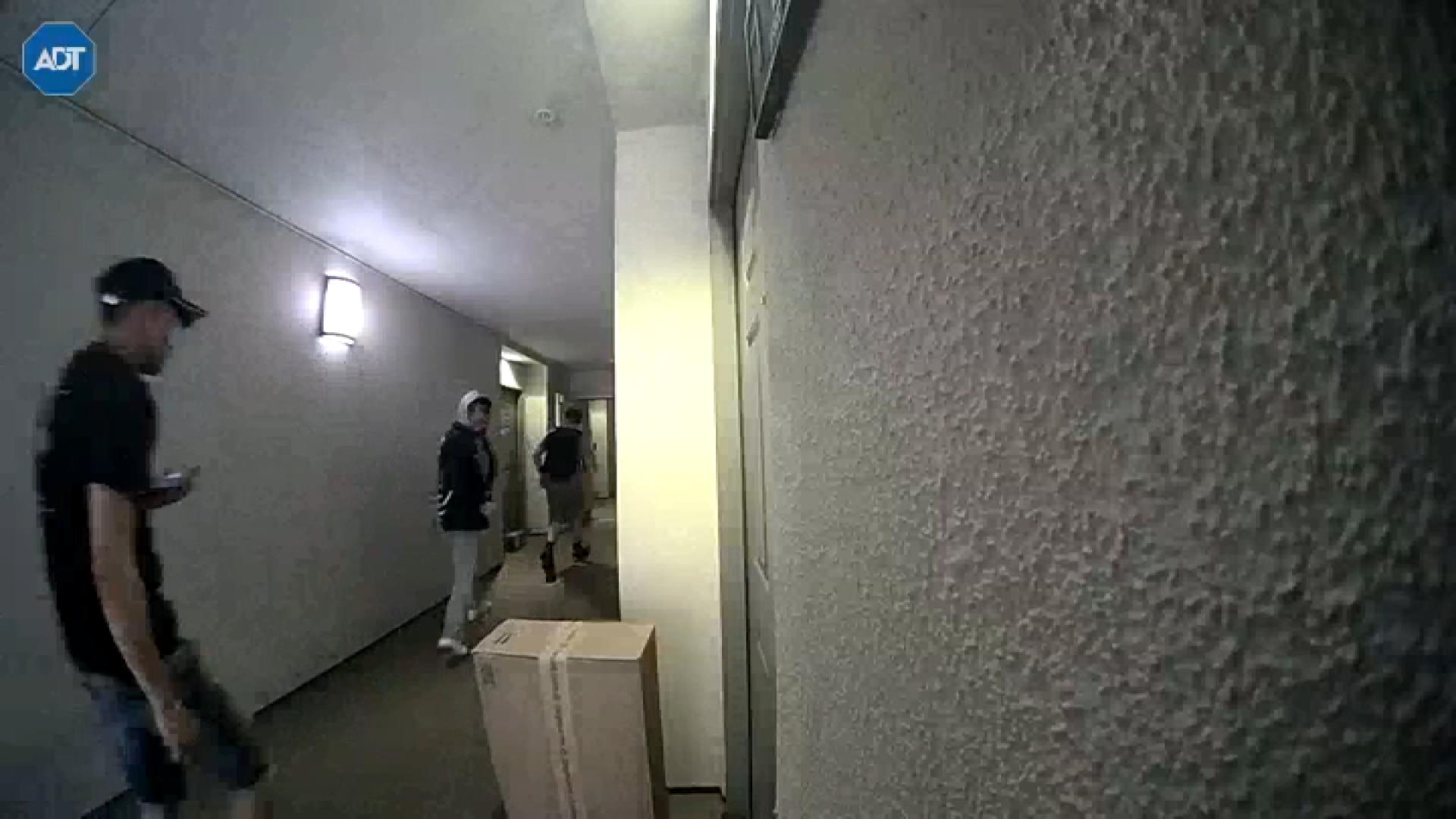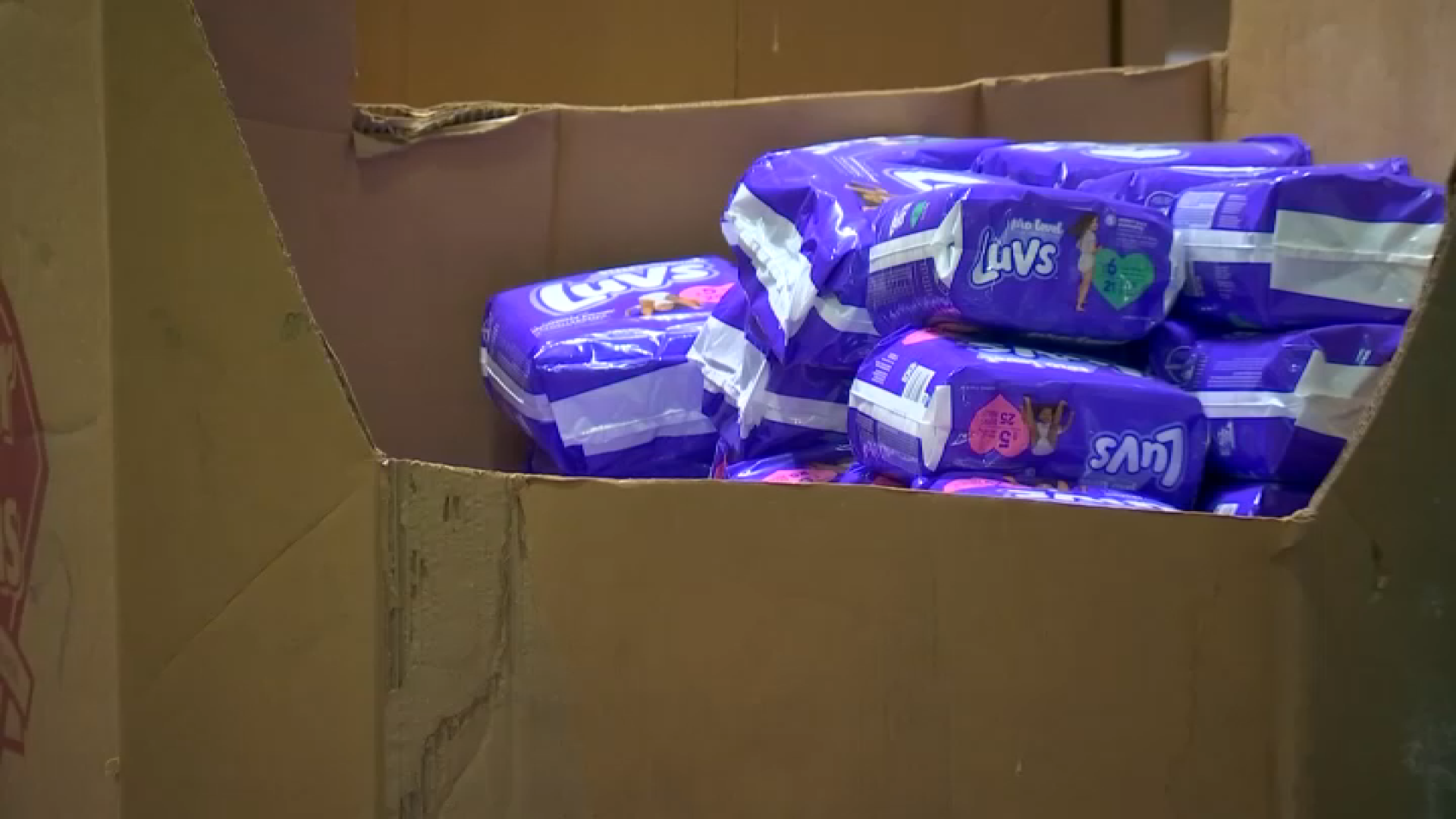Los Angeles City Fire Chief Brian Cummings acknowledged on Tuesday flaws in response data released by the department, but said fixes to improve accuracy are being put in place.
The conclusions and recommendations are contained in a report by the Task Force on Information and Data Analysis that Cummings presented to the Fire Commission at its regular meeting Tuesday. The content of the report became public last week after it was posted on the fire department's website.
Response times flared as an issue after the Los Angeles City Council in 2011 approved cost-cutting cutbacks to the fire department based on assurances response times would not be affected. Later studies brought into question the accuracy of the fire department's reports.
Response times are not generated directly by dispatch computer system, but have to be extracted through an analytic process.
It turned out the department was relying on inaccurate analyses and, in some cases, projections that tended to portray department response times faster than in reality.
The new study did not attempt to determine the extent of the previous inaccuracies, but found systemic errors and shortcomings in training that mean the previous analyses are unreliable, according to the findings.
The department's acknowledgment of past errors was welcomed by the Pat McOsker, president of the United Firefighters of Los Angeles City.
Local
Get Los Angeles's latest local news on crime, entertainment, weather, schools, COVID, cost of living and more. Here's your go-to source for today's LA news.
"The study is great," the union leader said. "It really reiterates what we already knew."
As he has previously, McOsker voiced his suspicion that the department deliberately manipulated data.
Cummings, who became chief engineer a year ago, said he and other members of the command staff had no reason not to believe the response time analyses were accurate until questions were raised.
Accurate data will help the department make better planning decisions, Cummings said.
"We'll use that as a tool as we start building forward," Cummings said during a media briefing after the Commission meeting.
How much response times could be improved, Cummings did not try to predict.
"If given more resources, we will bring down response times," he said.
McOsker said "the obvious starting place is to restore the cuts imposed" by the 2011 budget.
City Council members Mitchell Englander and Eric Garcetti indicated on Friday they would push for increasing the fire department budget, but first want Cummings to bring the council a five-year plan.
Cummings said he is still gathering the data needed for that.
The department's computer-assisted dispatch system is three decades old, but has been updated.
Some reductions in call processing and dispatching time could be achieved by updating procedures to integrate better with technology, said Commissioner Alan Skobin.
Besides providing means for the fire department to analyze data, the task force also developed a platform for an interactive program to be known as FireStatLa, and to be accessible by the public online.
"With funding," Skobin said, it could be online by year's end.
MORE:



